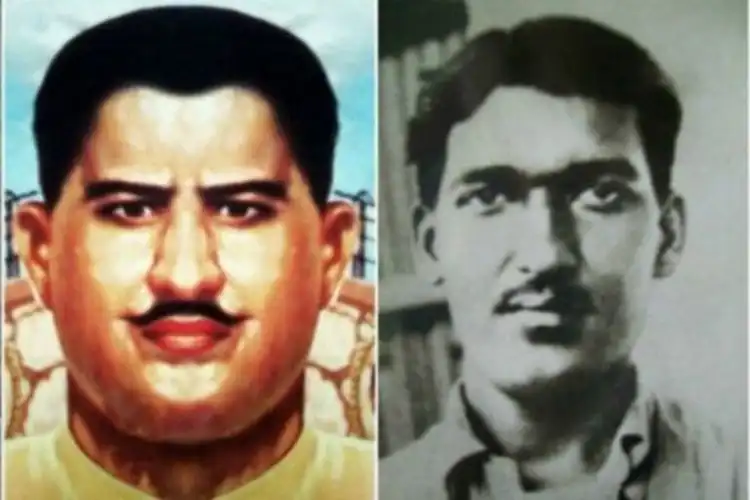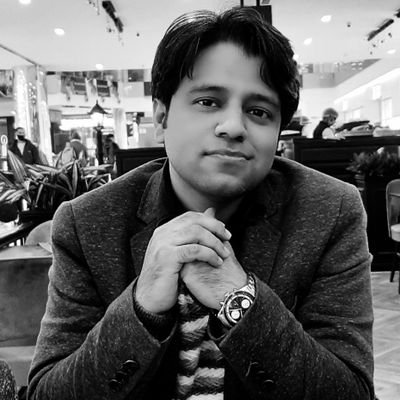
 Saquib Salim
Saquib SalimWhen Ashfaqullah Khan was arrested from Delhi, the police recovered several pamphlets, letters, and diaries from him that threw light on HRA’s ideology. In the court, the main charge against Ashfaqullah was that he wanted to promote Hindu-Muslim unity. In one of the diaries, police found poetry written to promote Hindu-Muslim unity. Ashfaqullah wrote;
“Stop fighting with each other and become friends, the differences between Hindus and Muslims are superficial.”
The police produced a pamphlet that spoke of the Hindu-Muslim unity as evidence against Ashfaqullah, It quoted the pamphlet, “the root cause of all these troubles occurring in the country after the immediate collapse of the movement (Khilafat & Non-cooperation) is that religion was allowed to play the chief part in the movement. It may be comparatively easy to fire politically backward people with religious fanaticism; but it's impossible, even dangerous, to base a political movement on such unreliable ground…… If the hostility against British imperialism is made a religious issue, the hostility thus aroused can at any moment turn into antagonism among the two great Indian communities as they do not profess the same religion."
The pamphlet further read, "Let them (Muslims) liberate themselves from the yoke of the British before they think of liberating other Mussalmans of the world. This cannot be done until and unless they unite heart and soul with their countrymen Hindus and other communities of India."
Ashfaqullah, like several other revolutionaries of his time, believed that social and political movements alone can uplift the nations.
In one of the letters confiscated by the police, Ashfaqullah wrote to Banarsi Lal, "Service means killing my conscience. You must remember very well that I want to live free and I worship 'freedom' and I am ready to sacrifice my life even for a glimpse thereof."
Another charge against Ashfaqullah and Ramprasad Bismil was they were involved in trying to bring peace during the 1924 communal riots in Shahjahanpur. The government counsel said, "the policy of the revolutionaries was to put religious disputes into the background. If we may judge from the literature found with him, Ashfaqullah was unusually free from religious prejudices."
ALSO READ: When Ajmer dargah donated 2 kg gold to fight against China
The present generations should ponder upon why the British considered believing in Hindu- Muslim unity a seditious act. As we remember these martyrs of Kakori, our thoughts should go beyond remembering acts of sacrifice. The ideas, thoughts, and teachings of our national heroes need to be revisited and remembered.
